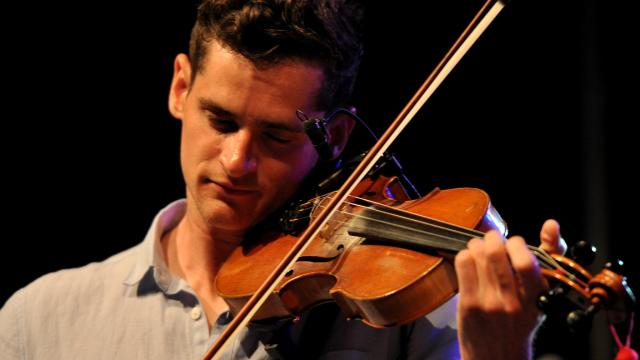Image via Flickr
In our podcast episode How to Change Your Brain With Mindfulness, With Daniel Goleman, we talked about the concept of “smart practice” — practising mindfulness with the help of an experienced instructor who can offer feedback and suggest ways to improve. During our conversation. Daniel Goleman offered the following advice…
The 10,000 hours rule is a myth — the person who’s most miffed by it is the guy whose research it’s based on. His name is Ericsson and he’s based out of Florida. He studies expertise, and he says there’s no fixed number of hours — to have a perfect memory takes about 300 hours — but there’s this dose-response relationship where the more you do, the better [you get.]
He points out that even professional singers will have a coach, they keep trying to get better. What the coach does is smart practice. You have feedback from someone who knows what they’re seeing and can suggest to you what to do next, what to try and improve next. That way you continue improving. So the importance is not the number of hours but how you practice. Practice smart.
The 10,000 hours rule is a myth? I’ve been racking up my crocheting hours for nothing?
The researcher who Goleman cited is Anders Ericsson, professor of psychology at Florida State University — and he does, indeed, say that Malcolm Gladwell oversimplified his findings. There’s nothing remarkable about hitting that 10,000 hour mark: it was just a catchy number that Gladwell chose because it was, well, catchy. Some skills take far less time to perfect (that memory skill, for instance, mentioned above) and some take more. What’s more important, as Daniel Goleman pointed out: that you engage in what Ericsson calls “deliberate practice.”
Gladwell didn’t distinguish between the type of practice that the musicians in our study did — a very specific sort of practice referred to as “deliberate practice” which involves constantly pushing oneself beyond one’s comfort zone, following training activities designed by an expert to develop specific abilities, and using feedback to identify weaknesses and work on them — and any sort of activity that might be labelled “practice.”
This distinction between deliberate practice aimed at a particular goal and generic practice is crucial because not every type of practice leads to the improved ability that we saw in the music students or the ballet dancers. Generally speaking, deliberate practice and related types of practice that are designed to achieve a certain goal consist of individualized training activities — usually done alone — that are devised specifically to improve particular aspects of performance.
Gladwell, however, didn’t get it all wrong: it’s true that you need years of (smart) practice before mastery becomes even a remote possibility. So what are you doing, reading this? Get back to work.

Comments